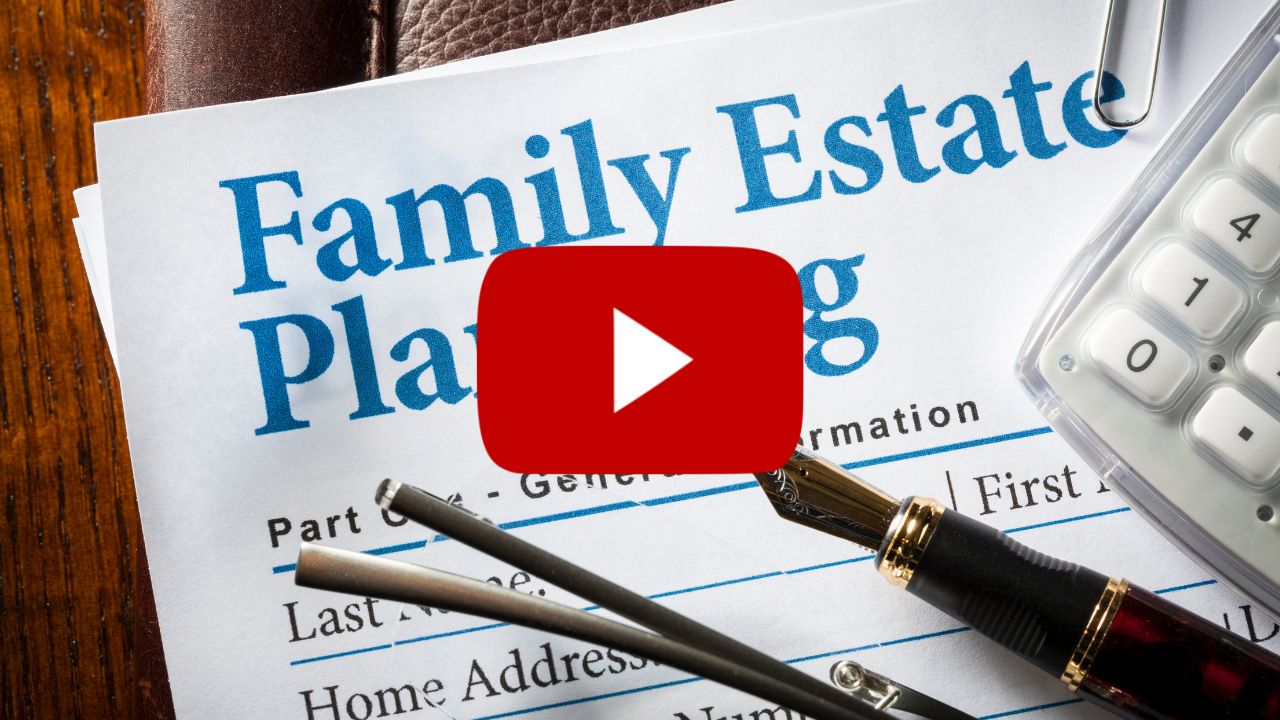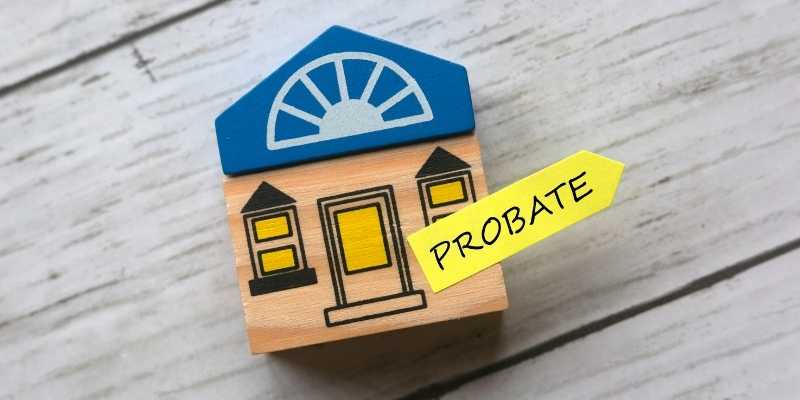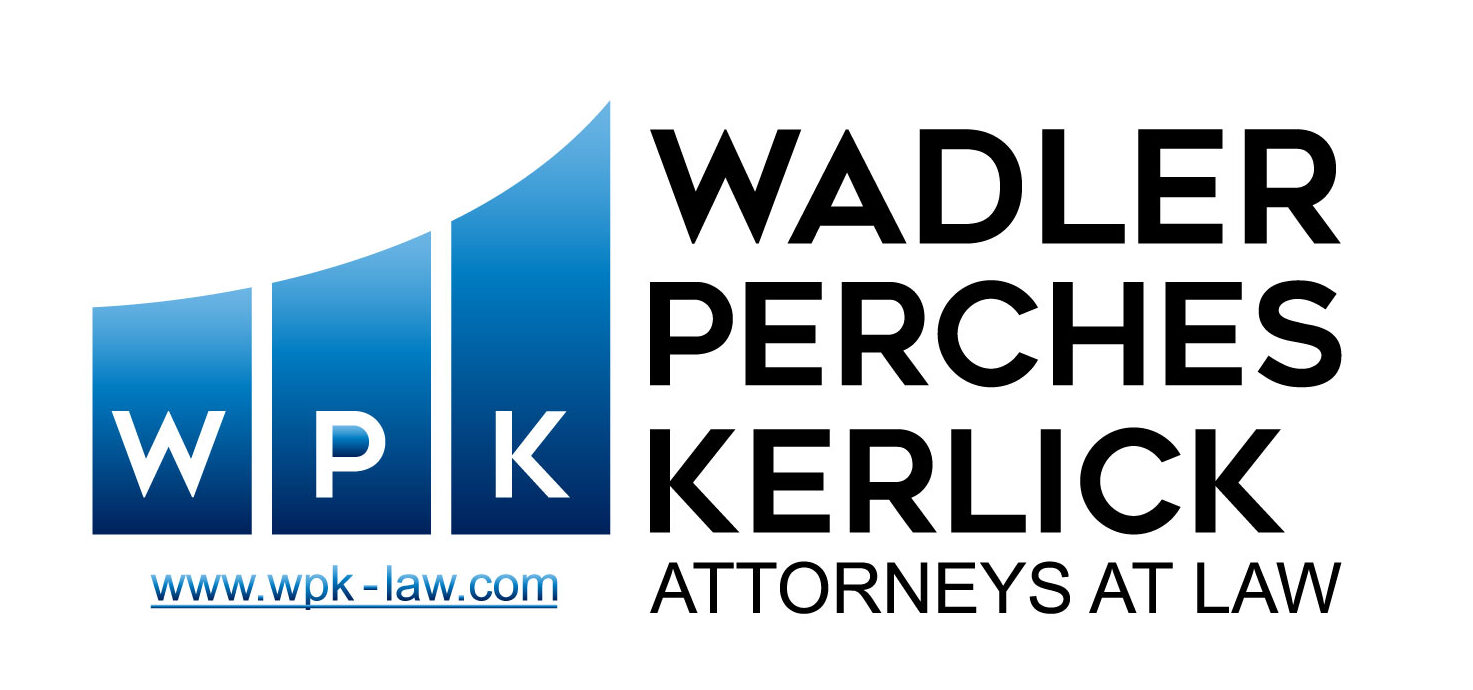Trusts can fill an important role in estate planning. In this video, Attorney Ray Kerlick talks about some of the trusts we typically prepare for our clients.
Call or text us at 800-9292-1725 for an appointment today!
Summary of How Can Trusts Help Your Estate Plan
– – Hi this is Ray Kerlick from Wadler, Perches, Hundl and Kerlick, and I’m here at our Fulshear office today to talk a little bit about trusts.
I get a lot of questions from folks about trusts and what’s better, a trust or a will. And my usual answer is always the same, it depends. A trust and a will are not mutually exclusive. A trust accomplishes certain things and a will accomplishes others. There are also different types of trusts.
There are certain types of trusts that I always include in our wills — those are called testamentary trusts. They’re set up after you’re gone to administer certain funds for folks who otherwise might not be able to administer their own funds. This is done by trusted people in our lives, called trustees, who we can allow to handle those funds.
There’s also something called a living trust or an inter vivos trust, and we get a lot of questions about that. Isn’t it better to have an inter vivos trust so that I can avoid probate? And the answer is sometimes yes, sometimes no.
Trusts Don’t Replace the Need for a Will
Certainly in Texas having a will is something that I would always, always recommend. We can also have an inter vivos trust or living trust that basically allows an overlap to a certain extent, but a will is a basic document that allows us to capture anything in your estate and to make sure it gets disposed of in a way that’s appropriate to you.
What we find most often is folks that set up trusts end up failing or forgetting to put everything they own in that trust and so therefore anything that’s not in the trust has to go somewhere. That’s why I need a will just in case there are things that don’t end up in the trust. There are also certain things that simply won’t be able to put into a trust.
So for example, if I have a homestead with a mortgage on it there’s essentially no way that I can put that homestead into a trust. It’s technically subject to a mortgage and a deed of trust. So if I try to move that house into a living trust, I’m basically violating my mortgage and putting myself at risk for some type of acceleration or foreclosure. Anything with some level of debt on it will probably be something that you don’t necessarily want to have in a trust.
What trusts are great for is things that generate ongoing income without a lot of involvement. So what we call passive investments, rental property, you know certain interests in corporations or companies that are not active interests but basically just shared interests, things like limited partnership interests and other things like that.
Trusts Can Provide Privacy
The other good side to having a trust as opposed to certain other vehicles is that it is always a private document. So the existence will only be acknowledged by records down at the courthouse that show the title is being held by that trust. At no point will a trust itself typically ever be recorded or provided to anyone as part of any proceeding. So in terms of how things are going to be handled after your death, you can include all of that in a trust the same as you could a will, but no one will ever know exactly what those arrangements are except the trustee, the person that you designated to be in charge of the trust after you’re gone.
And so there’s some merit to that, basically it allows you to have some privacy. And again especially in situations where there’s lots of family members and we’re dealing with lots of family property, it certainly makes some sense to have some or all of those assets put into a trust.
The final reason that most people want to put things into a trust is for taxation purposes. I’m not an accountant and I wouldn’t give you tax advice, but again if you’ve got your tax advisors suggesting that certain things ought to be taken out of your name, a trust is the normal avenue whereby we can help you do that. Doesn’t mean the assets are unavailable or unreachable in some way, either by you or by somebody else. But it certainly allows you to have that income or those assets not in your personal name, and there may be some reasons why you would want to do that.
Typically we handle trusts on a flat rate basis depending on the types of trust we’re dealing with. So we can give you a quote as to how much it’s going to cost you upfront.
Get the Peace of Mind that Comes from Having an Estate Plan
Call us for an appointment today at 800-929-1725 to set up a time that we can make some decisions on how we can combine both estate planning and trusts to accomplish what you want to accomplish with your estate. Thank you.
Offices in Fort Bend County, Wharton County and Matagorda County
We have five offices in three counties across Southeast Texas. Our offices are in Wharton and El Campo in Wharton County, Fulshear and Richmond in Fort Bend County, and Bay City in Matagorda County. You can also click this link to schedule an appointment by sending us an email.







